 The Main Dish…
The Main Dish…
Everybody knows that we are a huge state; if Alaska were a country we’d be the 18th largest country in the world by land mass sitting right between Iran and Mongolia. If you prefer more familiar examples, we’re about the same size as France, Germany, Spain, Switzerland, the low countries, and all the Principalities combined. We are so large that the sun currently rises at 7:05 a.m. in Juneau and 9 a.m. in Kotzebue and we’re all in the same time zone. With such great breadth and depth, it’s no wonder that we Alaskans occasionally partake in Regionalism. At its best, Regionalism engenders humor. The early 20th century painter Maxfield Parrish once said “I only live in New Hampshire so that I can have a better view of Vermont.” It also creates amazing sports rivalries such as our UAA/UAF hockey teams and the passionate high school basketball teams of rural Alaska. However, at its worst, Regionalism is a slow poison, that can make us indifferent and disdainful towards people whom we might otherwise better understand and count as friends. As money has become tight in the State’s economy, this poisonous form of Regionalism seems to be taking root, or at least rearing its ugly head more frequently, and with greater strength to the detriment of our unity and understanding.
- While guest teaching at UAA this past December one of the students said she didn’t care that the current capital budget is not large enough to keep Railbelt roads paved for the long-run. “If gravel roads are good enough for rural Alaska, they are good enough for urban Alaska” she said. She didn’t make the connection that the goods flowing to her village would cost more if urban infrastructure are incapable of moving those goods efficiently from the port to the airport, or that the Boeing 737 she depends on for those goods and flights to/from Anchorage won’t come if the runway is gravel.
- I often hear Railbelt Alaskans, from Anchorage to Fairbanks, complain about the State having to subsidize the Alaska Marine Highway System; little of them realizing that many goods on the System flow through the Railbelt on the way to coastal communities generating significant local economic activity. They also don’t realize that their own usage of State roads is subsidized because our lowest-in-the-nation fuel taxes do not come close to covering the wear and tear our roads endure each year.
- A co-worker here in Juneau wonders why the State should help bail out/invest in the newly renamed “Port of Alaska” so that goods can keep flowing to Railbelt Alaskans. He forgets that the coastal transportation system extending from Ketchikan to the Arctic is part of a daisy chain of ports with Anchorage as a frequent hub. The greater the overall system volume, the greater the system’s robustness, and lower the unit cost for all of us.
While we might think of Alaskans who live somewhere else as part of the “other” the fact is that we’re all interconnected in more ways than we think. Rural dollars flow to regional hubs and then to Fairbanks, Anchorage, and Juneau where they create jobs and contribute to maintaining the infrastructure and systems on which we urbanites take for granted. Truly in Alaska “No man is an island” even if you live on one. It’s certainly okay to ask tough questions about how these interconnected systems can work better together and what’s the minimum subsidy, if any, that’s needed to accomplish a given level of service. It also works in our financial best interest not to play regional “appeasement” by duplicating services and facilities across our huge state. Tit-for-tat investments policies result in overcapitalized and inefficient systems which are painfully trimmed in tough times. I prefer the good-natured Regionalism of Maxfield Parrish, to the Regionalism which paints fellow Alaskans as the “other.” By painting fellow Alaskan’s as the “other”, we are putting the blame on them for systemic Alaska-wide issues and the challenges of providing services across our expansive land mass.
…And Some Economic Sides.
Cha-ching!
On Friday, March 16th, the Alaska Department of Revenue announced that they were raising their petroleum revenue projections for the State of Alaska by nearly $300 million for FY 2018 and over $200 million for FY 2019. Increased Medicaid costs resulting from the recession-driven enrollment increases and the cash injection into the Alaska Marine Highway System, are going to eat into the FY 2018 numbers, but the State will have to draw less from it’s reserves than it had planned thanks to higher oil prices and stable production. As a reminder, our projected deficits over this year and next are still north of $2.5 billion per year. While this money is welcome, we are still deeply in the hole.
Vigor Alaska Shipyard
Kudos to Vigor Alaska for their “whole-person, trauma-informed” approach to increasing productivity, reducing turnover, and building a healthier workforce at their Ketchikan shipyard (https://tinyurl.com/yavsfhhy ). We’re all human and we each carry with us our upbringing, our triumphs, and our mistakes. Vigor’s efforts have reduced turnover at the shipyard by 50 percent and increased productivity. Perhaps more importantly, their efforts are generating positive externalities in the home and personal lives of their employees, which then turns around and reduces societal costs (https://tinyurl.com/y9gvuh5b ). A heartful congratulations to Doug Ward, Mike Pearson, and the women and men of the Vigor Alaska Shipyard for their bravery and ingenuity. Also, a big thanks to local reporter Jill Burke for generating worldwide exposure for Vigor and Alaska.
Jonathan’s Takeaway: Jonathan’s spending this legislative session shuttling back and forth between Anchorage and Juneau. He’s come to appreciate the benefits of Anchorage’s robust transportation infrastructure while coming to appreciate Juneau and the rest of Southeast as a collection of vibrant and unique communities just as 15-years of consulting taught him to appreciate rural communities from Kotzebue to Bristol Bay. He gently encourages all Alaskans to consider their connections to each other before relying on easy and trite regional stereotypes.
Jonathan King is a consulting economist and performance coach. His firm, Halcyon Consulting, is dedicated to helping clients reach their goals through accountability, integrity, and personal growth. Jonathan has 21 years of social science consulting experience including 15 years in Alaska. The comments in this blog do not necessarily represent the view of employers and clients past or present and are Jonathan’s alone. Suggested blog topics, constructive feedback, and comments are desired at askjonathan@apcm.net.
3/21/18







